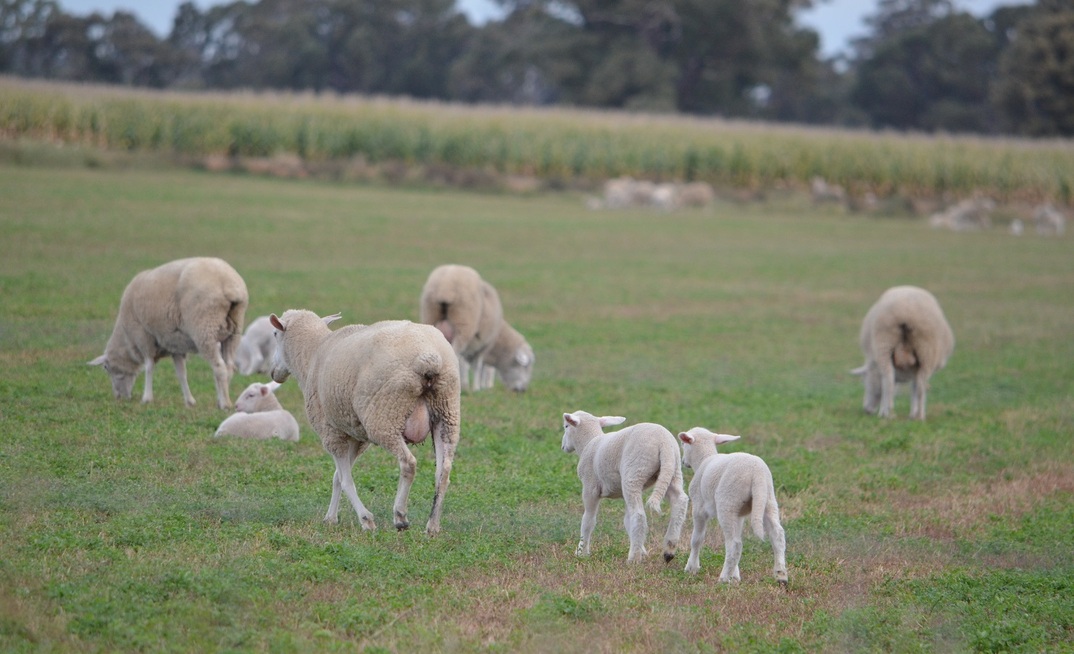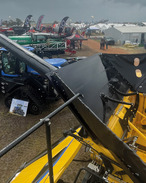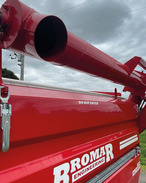WESTERN Australian sheep producers are being urged to look out for signs of nutritional diseases in lambing ewes, with the Department of Primary Industries and Regional Development (DPIRD) warning it has recently received an influx of pregnancy toxaemia and hypocalcaemia reports from across the Wheatbelt and Great Southern.
The Department said lambing ewes are particularly vulnerable to these diseases at this time of year, when their nutritional needs increase as cold and wet conditions set in.
DPIRD field veterinary officer, Rod Thompson, said it is important for producers to treat affected sheep promptly to reduce deaths, which can occur within days of symptoms first appearing.
SIGNS TO WATCH FOR
YOU MIGHT ALSO LIKE
"Pregnancy toxaemia, also known as twin lamb disease, occurs when low glucose levels damage the brain, resulting in dehydration and kidney failure," Thompson said.
"Watch for ewes that have separated from the mob, become drowsy or comatose, are not eating, have tremors, blindness or lying on their side.
"Hypocalcaemia, or milk fever, is a calcium deficiency that prevents muscles from contracting, including muscles in the heart, gut, legs and those involved in the lambing process.
"Symptoms can set in rapidly, such as a stiff uncoordinated gait, muscle trembling, weakness and sheep sitting on their brisket and unable to get up."
The Department urges producers to contact a private or DPIRD veterinarian immediately if they see signs of the diseases, for correct diagnosis and treatment advice. It said an investigation by a private veterinarian may be eligible for a subsidy under DPIRD's Significant Disease Investigation Program.
PREVENTING NUTRITIONAL DISEASES
Thompson said both diseases can be prevented by maintaining good nutrition and reducing stress factors, such as mustering and yarding off feed overnight.
"Feed is still short in many areas and many producers have been confinement feeding pregnant ewes, however, lambing in confinement is not recommended and ewes should be back in the paddock two to three weeks before lambing," he said.
DPIRD said farmers will need to continue supplementary feeding pregnant ewes in the paddock until at least 800 kilograms of dry matter per hectare of Feed on Offer (FOO) is available, while lactating ewes will need 1500-2000kg DM/ha.
It recommends deferring grazing for about five weeks after plant emergence, or until there is at least 500-800kg DM/ha FOO, to help pastures establish and reach adequate FOO levels, while also improving ongoing pasture growth. Deferred grazing can include feeding ewes in sacrificial paddocks with low erosion risk or grazing early germinated crops, and the use of perennials or fodder shrubs.
MORE INFORMATION
For more information on livestock diseases, deferred grazing, supplementary feeding as well as a wealth of other livestock management advice, visit the Season 2024 webpages.
























